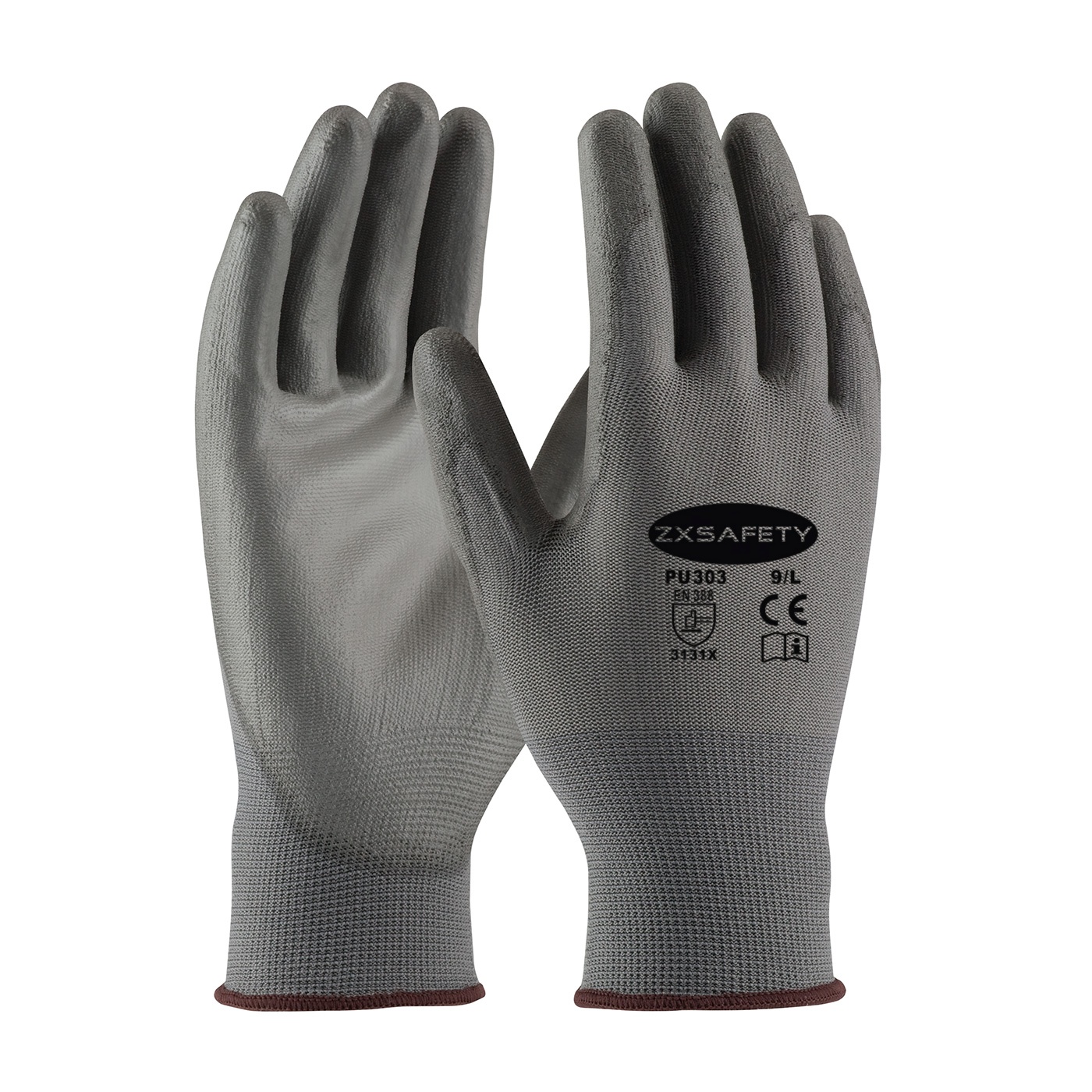Choosing the right cut-resistant gloves is important for safety and efficiency in industries like construction and food processing. With so many options, it’s vital to know about cut resistance levels and materials. Do you understand the differences between aramid, HPPE, and stainless steel linings? Are you familiar with how coatings like nitrile and polyurethane can improve grip and comfort? This guide will help you choose the best gloves for your needs, keeping your team safe while staying productive. Read on to find the best options for your workplace!




